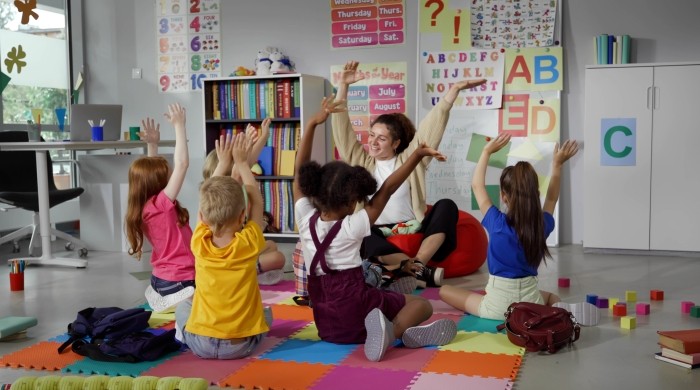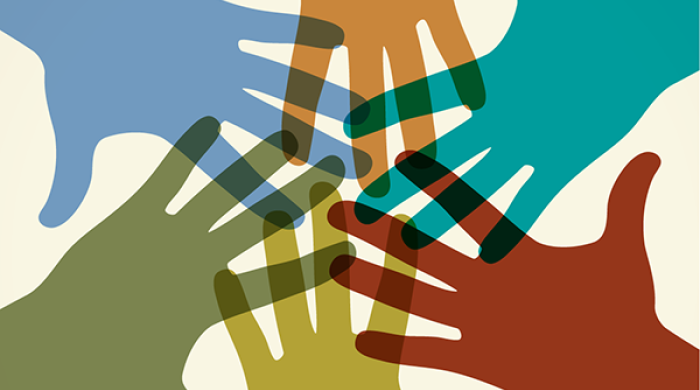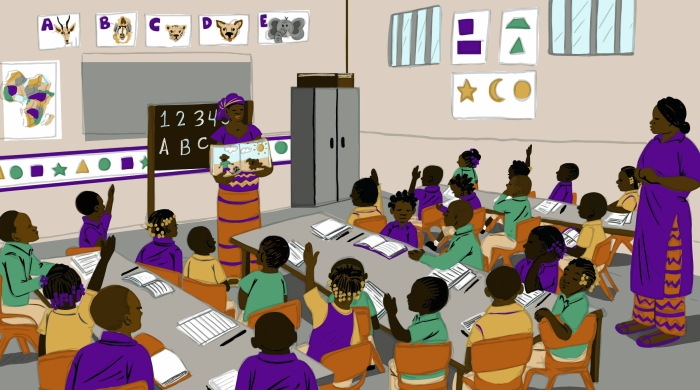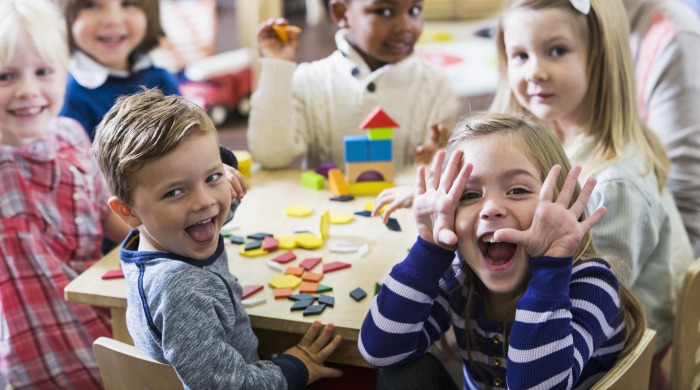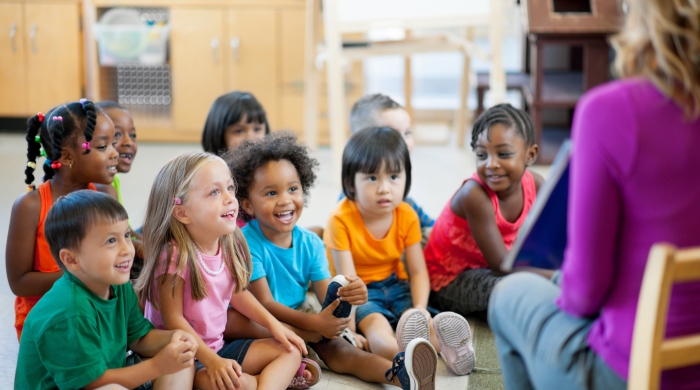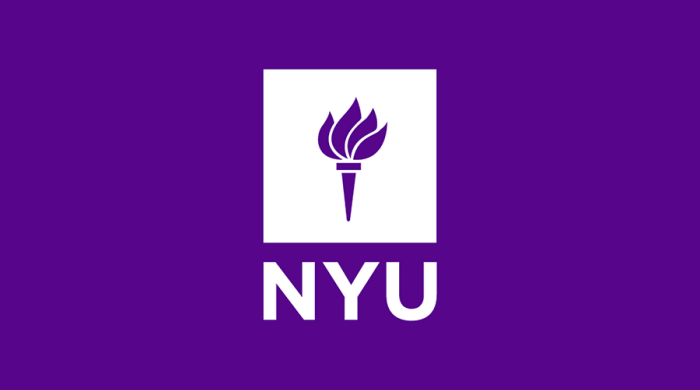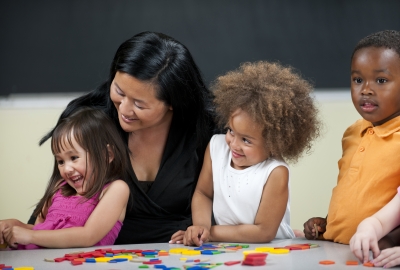
The future of education lies in the mutual consideration of complex factors that affect education inputs and outcomes. From New York to Lebanon, our researchers examine the social-emotional development of children, observe and strengthen classroom interactions, enhance parental decision-making, and improve educational opportunities for all children. Faculty across disciplines collaborate and apply their expertise to tackle the pressing education questions of our time. An interdisciplinary approach to education and child development allows IHDSC to support children, families, teachers, and leaders, and to envision long-term solutions that inform education policy and practice in local, national, and global contexts.
Education & Child Development Faculty
This list includes faculty who are involved in an active project, award or working group through IHDSC in the 2020-21 academic year. For a full list of our affiliates, please visit our Faculty Affiliate Network page.
Projects
Featured Blog Posts
Realizing the Promise
In this Q&A with On the Ground, Dr. Alejandro Ganimian discusses his recent Brookings report on education technology, or "ed tech," and the major findings of his research.
Research Partnerships: IHDSC and Educational Alliance
IHDSC interviewed Drs. Erin Godfrey (director of IHDSC and associate professor of Applied Psychology at NYU Steinhardt) and Andrew Cavanagh (director of Research and Evaluation at Educational Alliance) to discuss the process of developing their research partnership.
Centering Student Passion and Identity
Educational interventions in New York City have attempted to address racial and socioeconomic disparities in college enrollment, workplace entry, and diversity pipelines for decades. In light of this, the NYU College & Career Lab (CCL) seeks to ignite students' interests and passions and activate their career desires by exposing them to the wide range of career opportunities available to them and to the diversity that exists within them.


